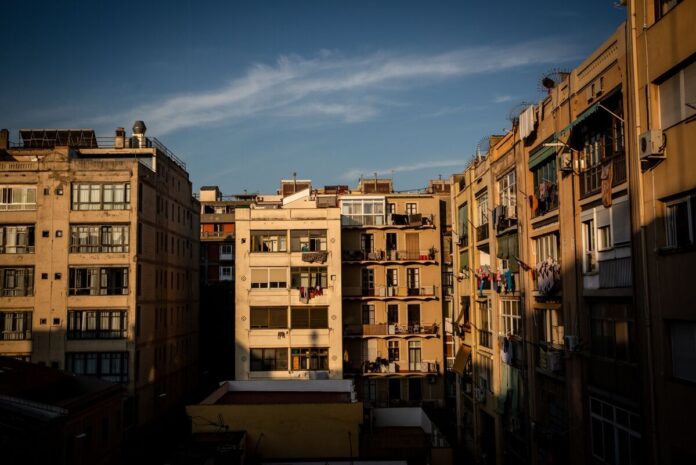Spain is set to phase out its contentious ‘golden visa’ program. Prime Minister Pedro Sánchez announced the decision on Monday during a visit to Dos Hermanas in Seville, signaling a shift towards ensuring housing as a fundamental right rather than a commodity for speculation.
The ‘golden visa’ initiative, initiated in 2013, provides residency rights to non-EU citizens who invest a minimum of €500,000 in Spanish real estate, exempt from mortgage obligations. However, the program has faced criticism for exacerbating the housing crisis, with the bulk of investments concentrated in major cities like Barcelona, Madrid, and Valencia, as reported by El País.
Sánchez condemned the program as a “speculative model” that undermines access to decent housing for ordinary citizens who contribute to the economy. He emphasized the need for a more equitable housing policy, denouncing the current system for perpetuating inequality.
The Spanish government will formally commence the process of dismantling the scheme during Tuesday’s cabinet meeting, following an in-depth analysis by the Housing Ministry. This decision aligns with the European Commission’s call in 2022 for member states to terminate similar programs, citing security concerns in the wake of geopolitical events such as the Russian invasion of Ukraine.
European Commissioner for Justice and Consumers, Didier Reynders, underscored the illegality of selling citizenship through ‘golden passports,’ citing risks including corruption, money laundering, and tax evasion. Consequently, several EU nations, including Ireland, the Netherlands, and Greece, have either abolished or tightened regulations surrounding their respective ‘golden visa’ programs in recent years.
As Spain takes decisive steps to prioritize housing accessibility over investor incentives, the move reflects a broader commitment to social welfare and equitable development in the country.



